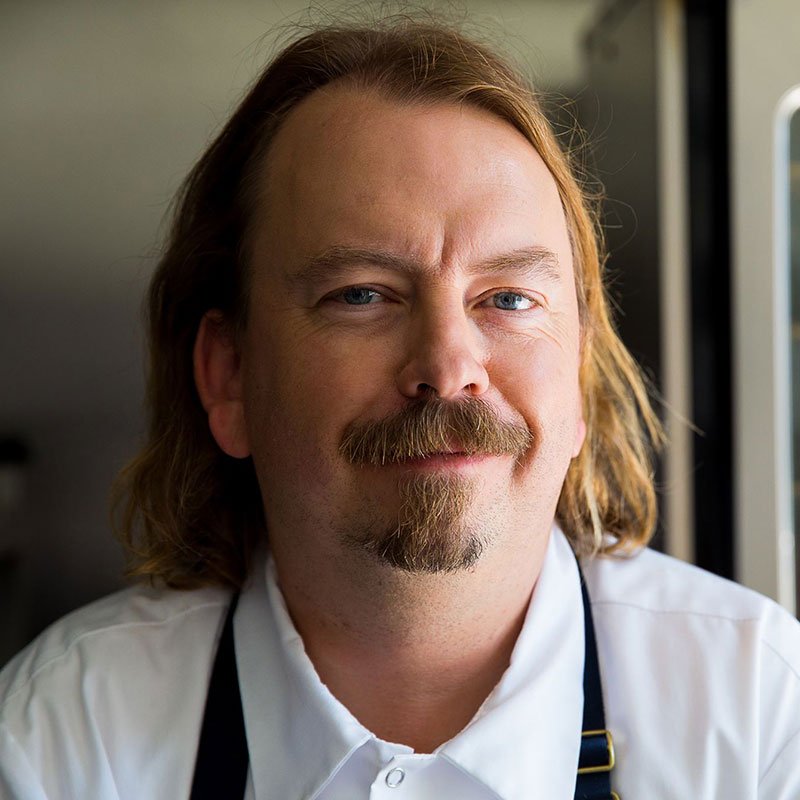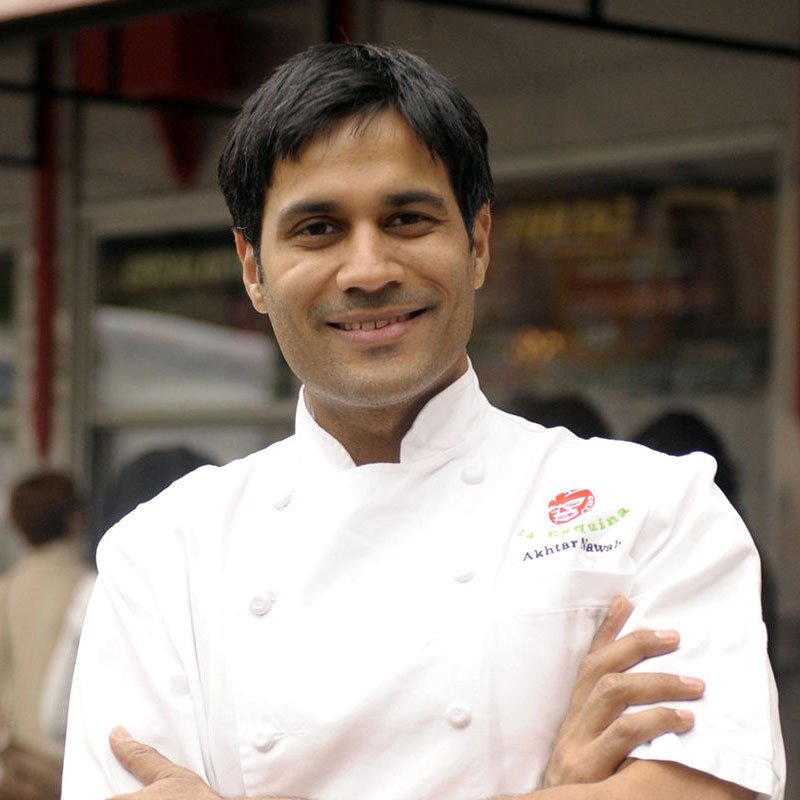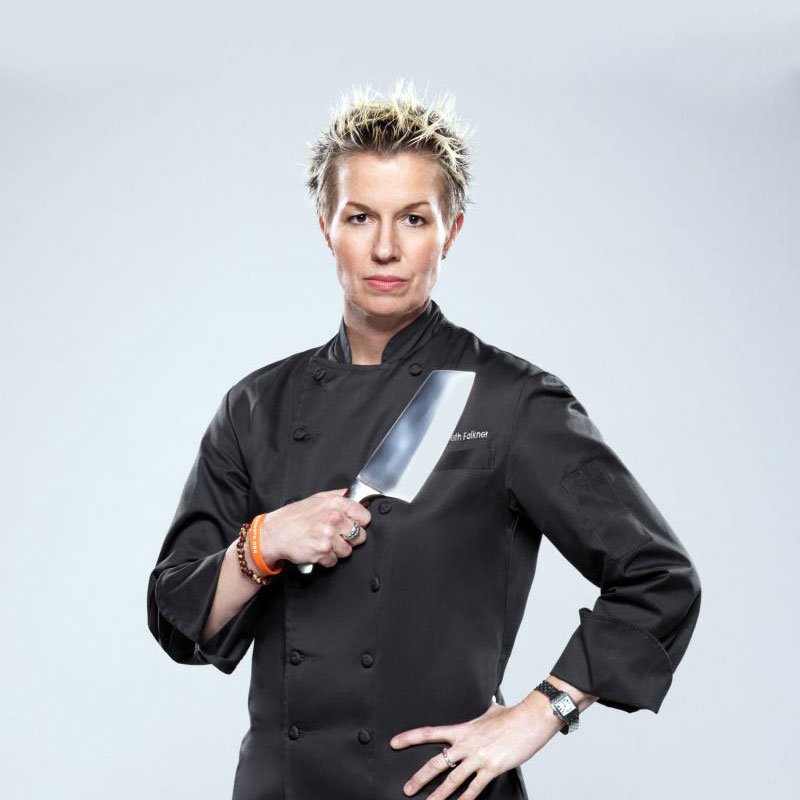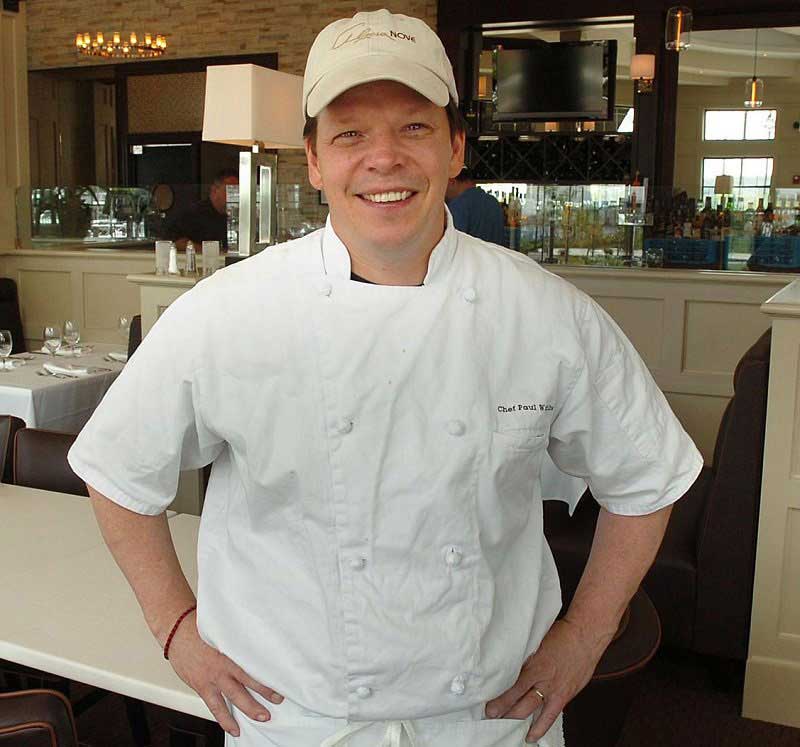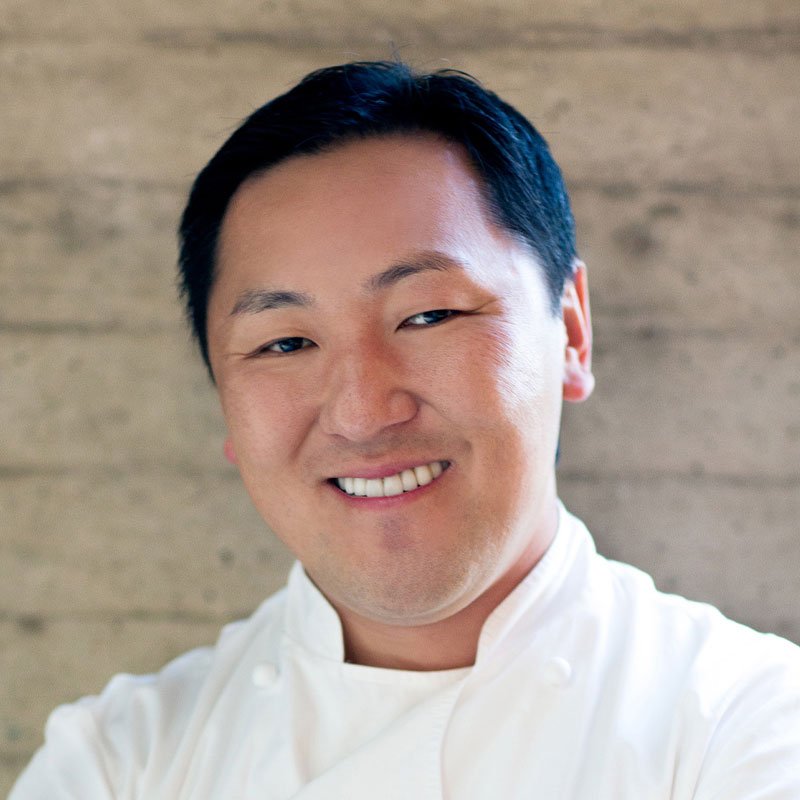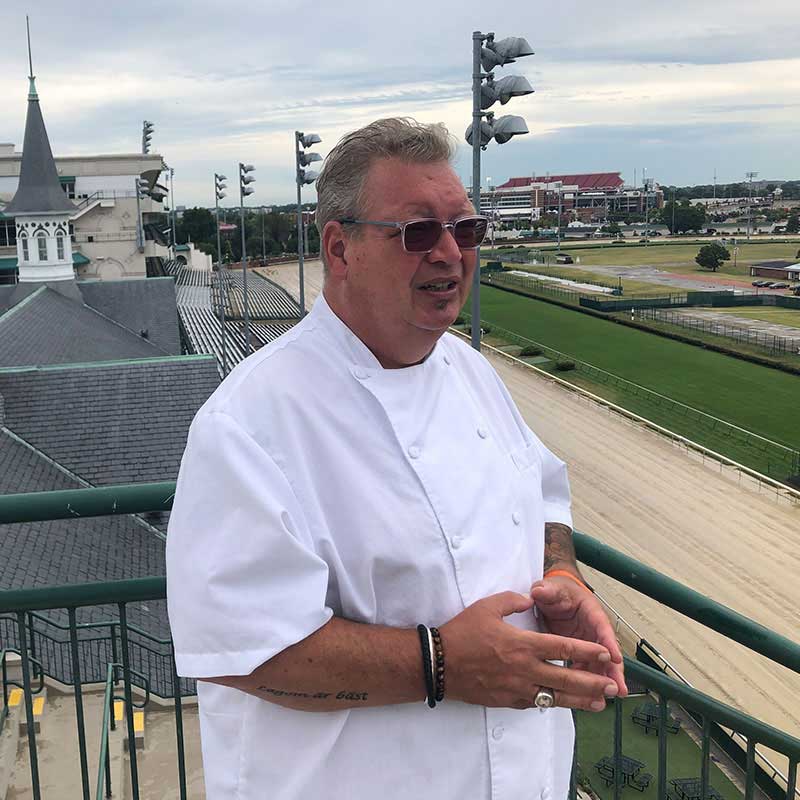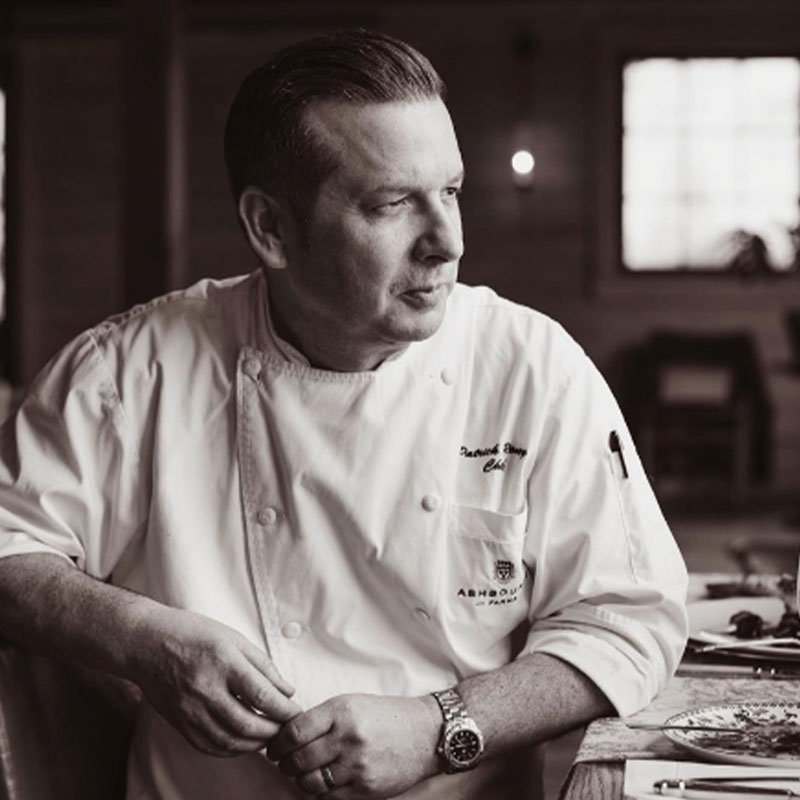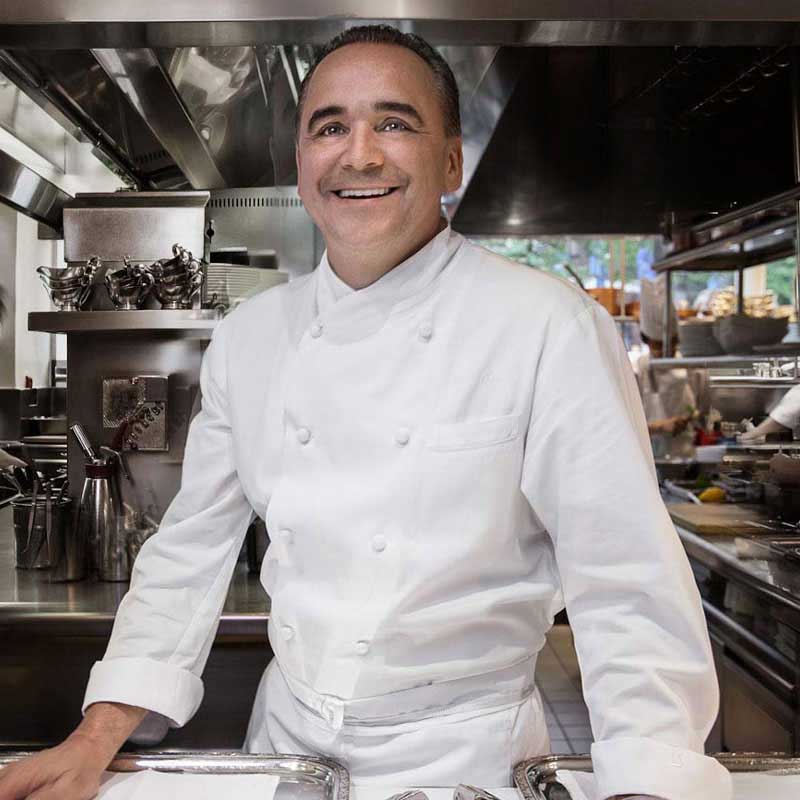
Precision Temperature Cooking – 1 CEU
Duration: 1 hr.
The purpose of this course is to educate attendees on precision temperature cooking techniques. It is intended for consultants and future clients. We discuss the science and importance behind dialing in precise temperatures to garner ideal food textures, consistencies, and efficiencies.
